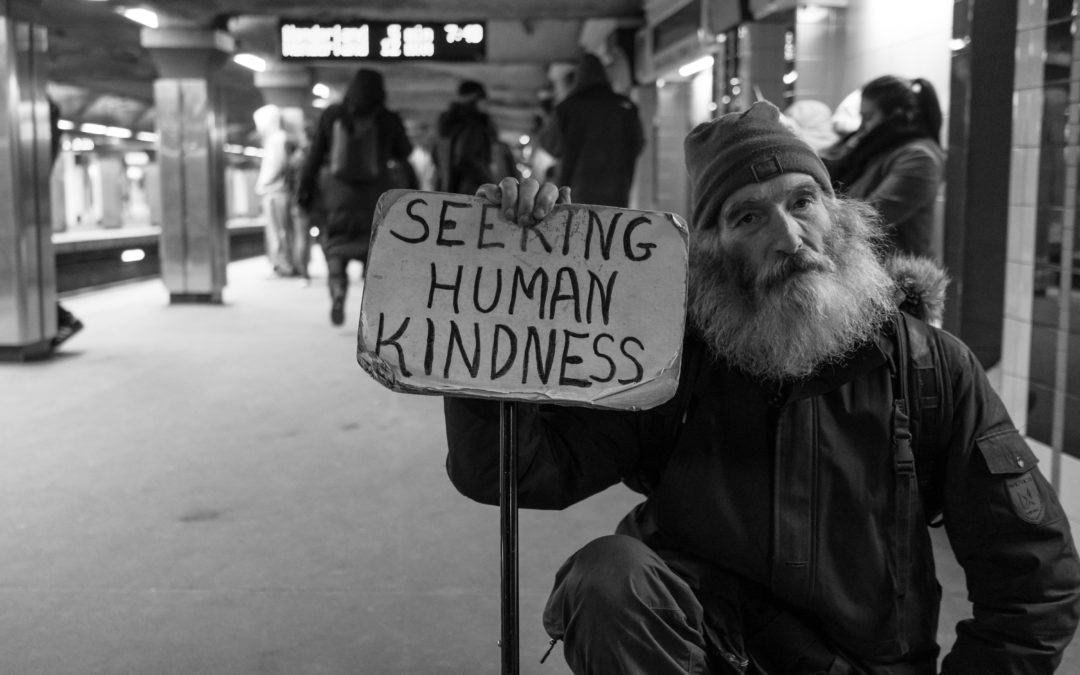A few weeks ago I had the good fortune of presenting at Energy Consumers Australia (ECA) Foresighting Forum 2018. Rosemary Sinclair, ECA’s CEO stated in her opening speech.
“The theme for Foresighting Forum 18 is take charge, shifting power to consumers, in the using, making, and trading of energy”.
The forum brought together 41 speakers and over 230 attendees, representing a wide range of stakeholder groups. I talked about my experiences with demand response (DR) over the years. I put forward the idea that we are seeing a shift in the focus of DR programs from individual households to communities, and that people will participate in demand response events if they understand why it would benefit their community, especially those less fortunate than them.
Later that afternoon there was a presentation from a Victorian distributor (DB). The DB gave the example of a future where a household may significantly reduce their energy during times of high demand, leveraging rooftop solar, local battery storage and other behind the meter technologies. Rather than earning any reward from the DB for this action, that household may decide to ‘gift’ that energy to an elderly family member to reduce their costs. The idea is that the actions of one household nets out the effects of another. Such action would mean the elderly family member could use their Air Conditioning without fear of a high energy bill. There was recognition that a lot of thinking still needs to be done before this becomes a reality, but it was a very refreshing discussion.
In the same vein, late last week I was talking to those involved in Jemena’s “Power Changers” program, who shared with me the incentive design where one treatment group could choose to donate their rewards to charity.
These are all small steps, but incredibly encouraging ones. To date, the design of incentives for demand response programs globally has focused on the benefit to the individual household. That has achieved mixed success, but I believe we will see a step change in participation with a community-based approach.
This thinking is not without its naysayers. Some I talk to believe the best approach is to continue to incentivise individual households, arguing that trying to educate the general public has not had great success with energy conservation, so why would demand response be any different. Others feel it is unnecessary as the connected home will automate demand response, and therefore education is not required. I disagree with both of these points. Education, done the right way, is crucial. I firmly believe we are seeing a shift in society, one where we are all wanting to play a greater role in helping others less fortunate then us.
Do you think a community-based approach to demand response is the right path to take?
To keep up-to-date with my latest articles, subscribe to my blog in the footer below.
My best-selling book, ‘The Digital Utility’, is available for purchase here.

